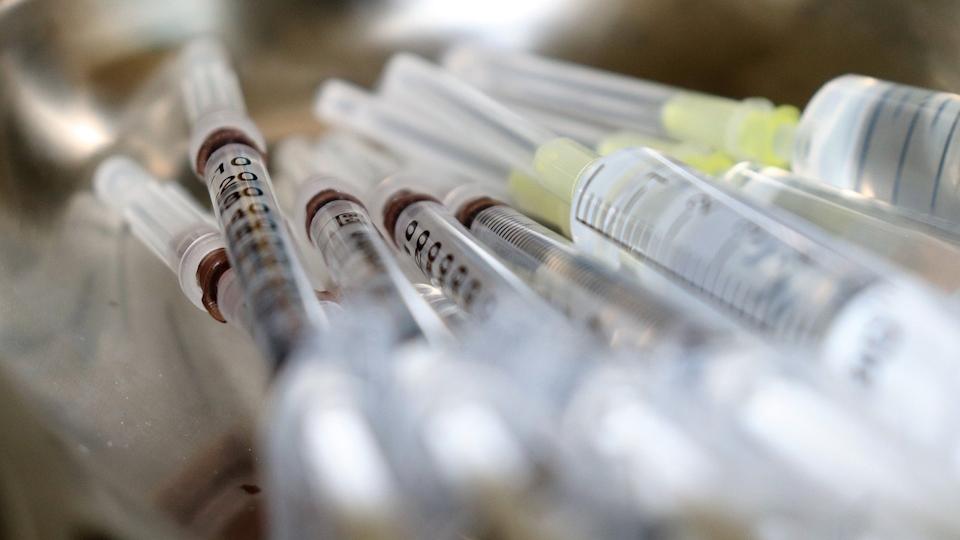Emergent Bio gets FDA green light for mpox vaccine

Emergent BioSolutions has been given FDA approval to extend the indications for its smallpox vaccine ACAM2000 to include the prevention of mpox, currently deemed a public health emergency by the WHO.
ACAM200 can be used for people at high risk of mpox, according to the company, with the news causing shares in Emergent to spike more than 27% in pre-market trading. The virus that causes mpox (previously known as monkeypox) is in the same Orthopox group as the one that causes smallpox.
The approval comes as there were 1,000 new cases of mpox reported this week in the Democratic Republic of the Congo (DRC) alone, which is at the heart of the current outbreak, with cases also seen in a growing number of other countries in and outside Africa. So far this year, DRC has seen more than 15,000 cases of the disease and over 500 deaths.
The upsurge of mpox cases is being driven by two sub-clades of clade I mpox virus – clade Ia and clade Ib – which cause more serious disease than the clade 2 variant that caused an international outbreak a couple of years ago.
Emergent BioSolutions, which is one of only three companies with a vaccine for mpox, has agreed to donate 50,000 doses of ACAM2000 to help tackle the latest outbreak and recently filed with the WHO for an Emergency Use Listing (EUL) for ACAM2000 as an mpox vaccine.
The company’s president and chief executive, Joe Papa, said the FDA approval “comes at a critical time as the global health community comes together to ensure an effective and cohesive response to the recent upsurge in mpox cases.”
Danish drugmaker Bavarian Nordic – which produces a vaccine sold under the Jynneos/Imvanex/Imvamune names – has also pledged 40,000 doses to the ongoing response, although experts have suggested that at least 10 million doses will be needed.
Emergent and Bavarian Nordic have both said they are ready and willing to scale up production to meet the volume of doses required but will need firm orders to come in quickly as it takes time to manufacture vaccines.
This week also saw the first deliveries of an mpox vaccine to Africa in connection with the ongoing outbreak, with 10,000 doses of Jynneos – donated by the US federal government, which has promised 15,000 doses in total – arriving in Nigeria, according to local media reports.
The EU has also promised 215,000 doses, and non-governmental organisation Gavi another 5,000. Meanwhile, the Japanese government is reported to be preparing to send donations of the LC16 vaccine developed by Japanese biotech KM Biologics – currently the only one of the three licensed for children – although the number on offer has not yet been revealed.
Yesterday, the WHO also called for manufacturers of mpox in vitro diagnostics (IVDs) to submit applications for EUL status for their products, citing an urgent need for tools to allow people with the virus to get treatment as quickly as possible and limit its spread.
Meanwhile, earlier this week, Emergent announced plans to reduce its workforce at a manufacturing facility in Michigan, US, by around 70 positions as part of a pivot away from the contract manufacturing business. It announced 300 job cuts earlier this year tied to facility closures in Baltimore and Rockville in Maryland.











